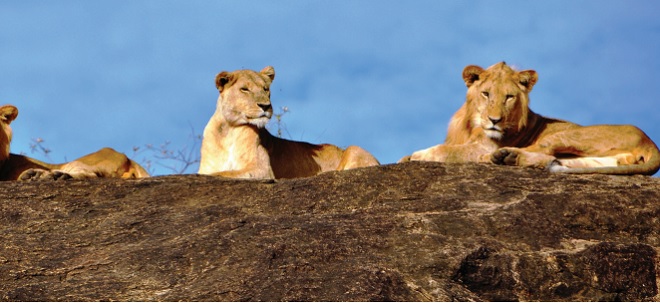
Kampala, Uganda | THE INDEPENDENT | Lions have reduced by 33 percent in Uganda’s game reserves over the last 10 years. This is according to the findings of a census undertaken in Murchison Falls, Kidepo and Queen Elizabeth National Parks.
The finding shows that in the three parks, the number of lions has reduced from 600 to 400 in the past decade. The biggest decline was recorded in Murchison Falls National Park where the ‘king of the beasts’ decreased from 320 to 130 animals.
The Executive Director of the Wildlife Conservation Society, Simon Nandipo attributes the trend to the weak legal framework against poaching and the wildlife trafficking in the country, human activities which include, among others, wire snares and wheel traps, and conflict with communities neighbouring the park.
Nandipo says that the animals are trafficked out of the country through the different entry and exit points, including the main outlet; Entebbe International Airport.
Lions, after mountain gorillas, are the most sought-after species by tourists visiting Uganda, according to the Uganda Wildlife Authority. Each individual lion in Queen Elizabeth National Park generates about USD 13,500 (50 million Shillings) per year for the national economy in terms of the revenue. The assessment was based on the fact that tourists are willing to stay longer just to see lions.
According to Nandipo, the remaining population of animals is faced with habitat loss, loss of prey base through poaching and disease, indiscriminate killing by the local communities for medicinal and cultural values, and sometimes, in an attempt to avert livestock losses caused by lion predation.
Nandipo says that the development and the fall in the number of lions are affecting the tourism industry.
The aviation industry has been one of the transport means that wildlife traffickers have been using to smuggle endangered wildlife species like elephant ivory, pangolin scales, skins and hippo teeth.
Ayub Sooma, the Director Airports and Aviation Security at the Civil Aviation Authority (CAA) says they have deployed both uniformed and non-uniformed officers to stop trafficking. He, however, says that their efforts are curtailed by weak laws.
“The Airport security in collaboration with the Uganda Wildlife Authority (UWA) and customs have impounded such exports, arrested and prosecuted the culprits in the law courts,” he said.
******
URN
 The Independent Uganda: You get the Truth we Pay the Price
The Independent Uganda: You get the Truth we Pay the Price



